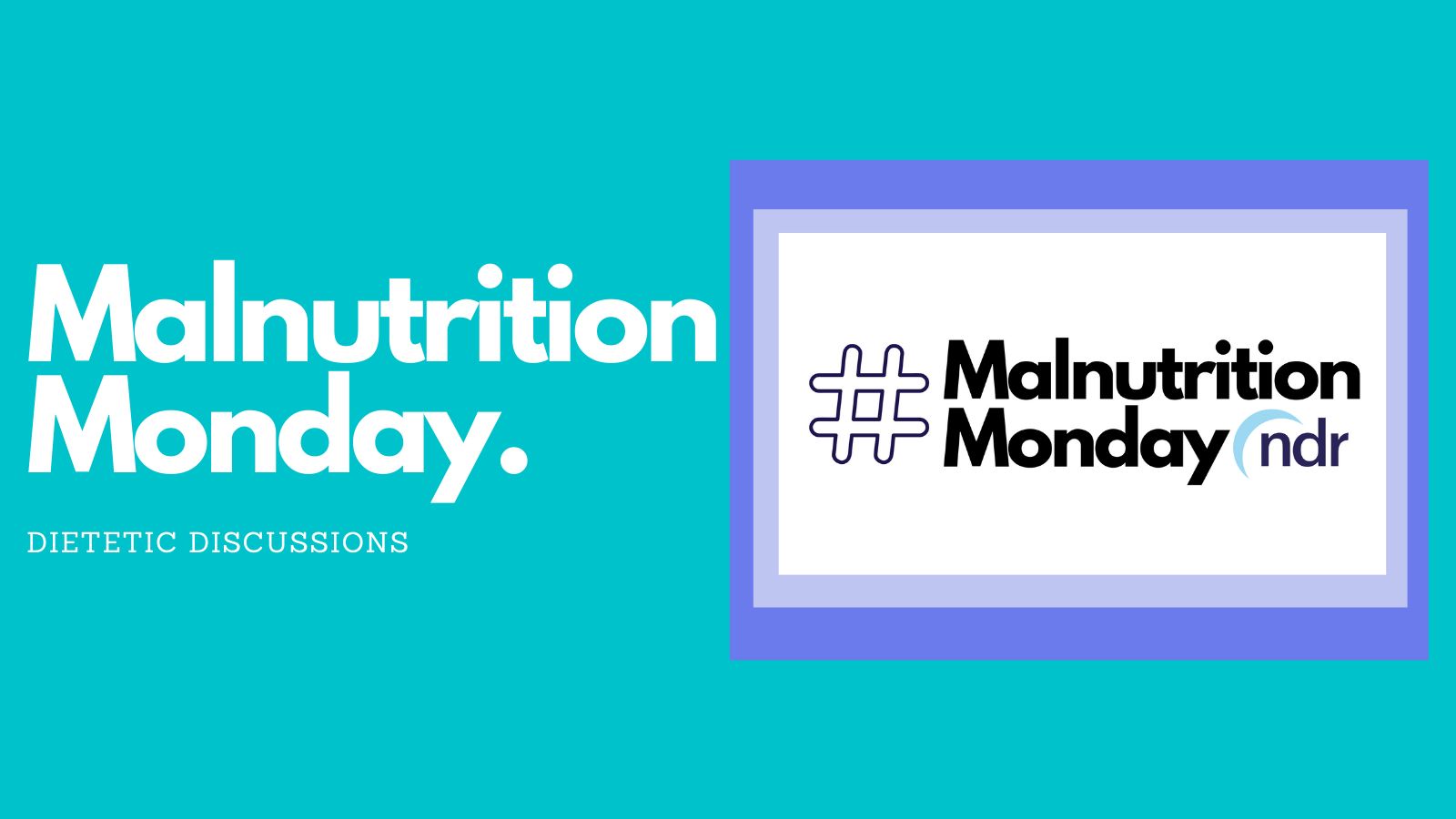Dietetic Discussions

Published: 22.04.21
This month, we’ve been speaking with specialist Dietitians from across Scotland to find out more about their knowledge and experiences of malnutrition, and their views on what is needed to combat malnutrition, its risks and consequences, and how best to direct support/action.
At the same time, we’ve also been discussing malnutrition and dehydration with the Scottish Government, as they gather knowledge and expertise to inform the development of a potential new strategy.
With many of NDR-UK’s malnutrition resources, including Eating Better Feeling Better, Eat Well Heal Well and Light Meals and Snacks coming up for their regular review, we’ve been exploring needs and gathering feedback about how best we can support dietitians, health professionals and their patient groups in this area.
Our discussions have been very informative and have given us a lot to consider moving forward. It’s clear how important it is that we all continue to raise malnutrition and dehydration awareness in the general public, highlighting the signs and symptoms of malnutrition and the first steps for prevention, particularly in those with the highest risk. In many cases, malnutrition can be prevented with simple dietary changes. A food first approach doesn’t need to be difficult, and we can highlight how this can be achieved with small tweaks to a person’s own intake.
There are many at risk groups including, but not limited to, older adults, individuals with long-term conditions e.g. diabetes, chronic progressive conditions e.g. cancer or dementia, and alcohol/substance misuse patients. Guidance on nutrition and well-being can play a crucial role in an individual’s health and treatment. For example, individuals living with cancer may experience symptoms such as poor appetite, unplanned weight loss, taste changes and sore mouth/throat. Guidance to support individuals adapt their food choices to minimise symptoms can help them achieve an adequate nutritional intake, and reduce malnutrition risk.
Following our discussions, and as we begin to review our current malnutrition resources, we will be giving further consideration to the following areas:
- Food fortification advice with more emphasis on healthier fats, protein and micronutrients, and less on sugar, especially for those with underlying conditions or individuals following food fortification advice long term.
- 100/200kcal snack options and advice to support those on a very low budget. Practical, easy to achieve advice, helping individuals to take more ownership of their health. Advice can also support those trying to reduce their ONS intake.
- Guidance to support prehab, rehab and frailty, linking with physiotherapists to incorporate strength and balance advice combined with dietary advice.
- Guidance and support for palliative care.
- Long COVID and malnutrition risk as new research and evidence emerges.
Malnutrition Resource Review: How to Get Involved
If you’re a Dietitian and interested in getting involved in the review of our malnutrition resources, please get in touch by emailing info@ndr-uk.org
